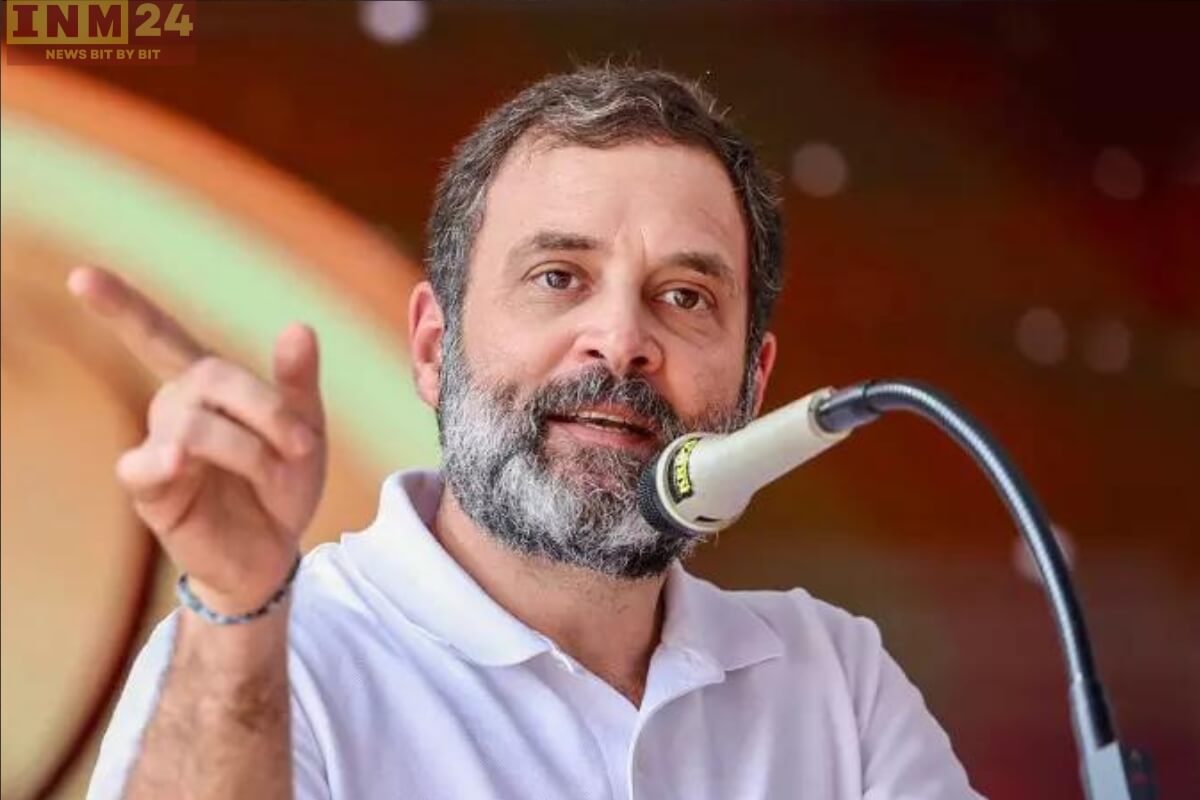In a development that could have significant ramifications for India’s political landscape, Rahul Gandhi, the prominent leader of the Indian National Congress, has been summoned to appear in a six-year-old defamation case. This pre-election blow comes at a critical juncture for the Congress party, adding a layer of complexity to its electoral strategy and potentially impacting its prospects in the upcoming elections.
Controversial Remarks by Rahul Gandhi Lead to Defamation Suit
The defamation case dates back to 2018 when Rahul Gandhi, then serving as the President of the Congress party, made certain remarks linking the Rashtriya Swayamsevak Sangh (RSS) to the assassination of Mahatma Gandhi. These remarks sparked controversy and led to a legal battle, with a defamation suit being filed against Rahul Gandhi by a member of the RSS.
After six years of legal proceedings, a metropolitan magistrate’s court in Maharashtra has now directed Rahul Gandhi to appear before it in connection with the defamation case. This development has sent shockwaves through the political arena, with analysts speculating on the potential implications for both Rahul Gandhi and the Congress party.
For Rahul Gandhi, the summons represents a significant legal challenge that could tarnish his reputation and distract from his political agenda. As a prominent leader and key figure within the Congress party, Rahul Gandhi’s involvement in a high-profile defamation case could overshadow the party’s campaign efforts and undermine its credibility among voters.
Moreover, the timing of the summons could not be more precarious for the Congress party, coming just ahead of crucial elections in several states across India. With the party already facing formidable opponents and grappling with internal challenges, the distraction posed by the defamation case threatens to further weaken its electoral prospects.
Challenges for Congress: Navigating Political Landscape Amid Legal Battles
The summons to Rahul Gandhi also raises questions about the Congress party’s ability to effectively navigate the complex political landscape in India. As the principal opposition party, the Congress faces mounting pressure to present a united front and articulate a compelling vision for governance. However, the specter of legal battles and controversies involving its top leadership could detract from these efforts and undermine the party’s credibility in the eyes of the electorate.
In response to the summons, the Congress party has reiterated its commitment to upholding the principles of democracy and justice. Party leaders have expressed confidence in Rahul Gandhi’s integrity and vowed to support him through the legal process. However, the challenges posed by the defamation case remain a cause for concern within party ranks.
As Rahul Gandhi prepares to face the legal proceedings, the political fallout from the defamation case continues to unfold. The Congress party finds itself grappling with yet another hurdle in its quest for political relevance and electoral success. How the party navigates this latest setback could have far-reaching implications for its future trajectory and the broader political landscape in India.
